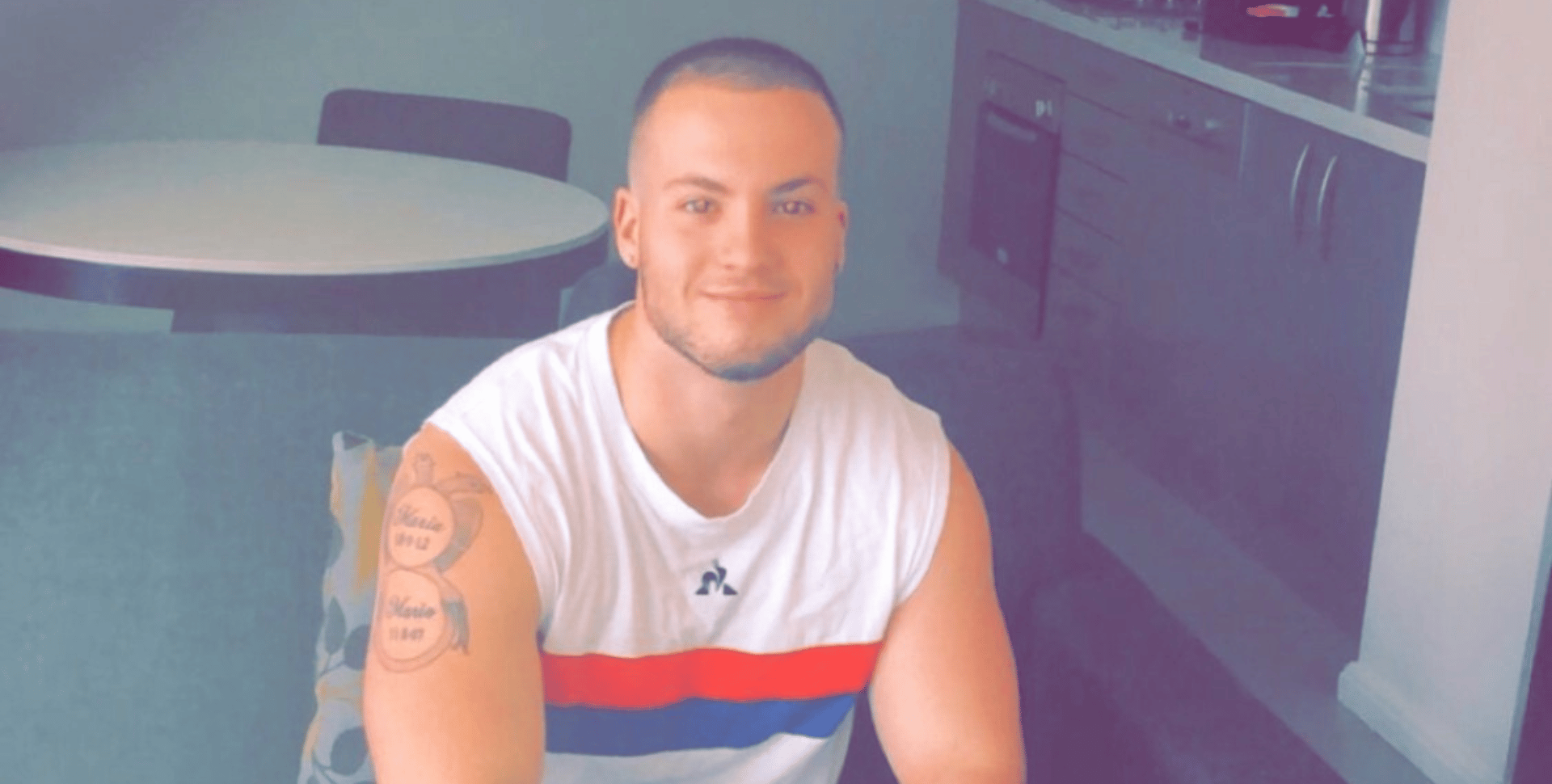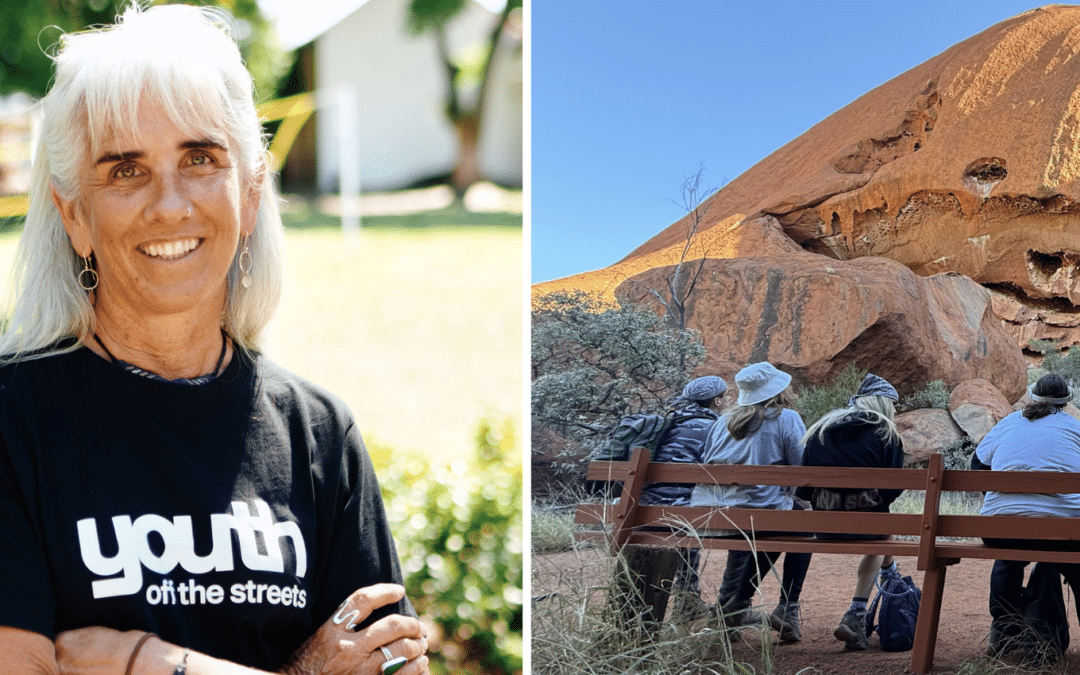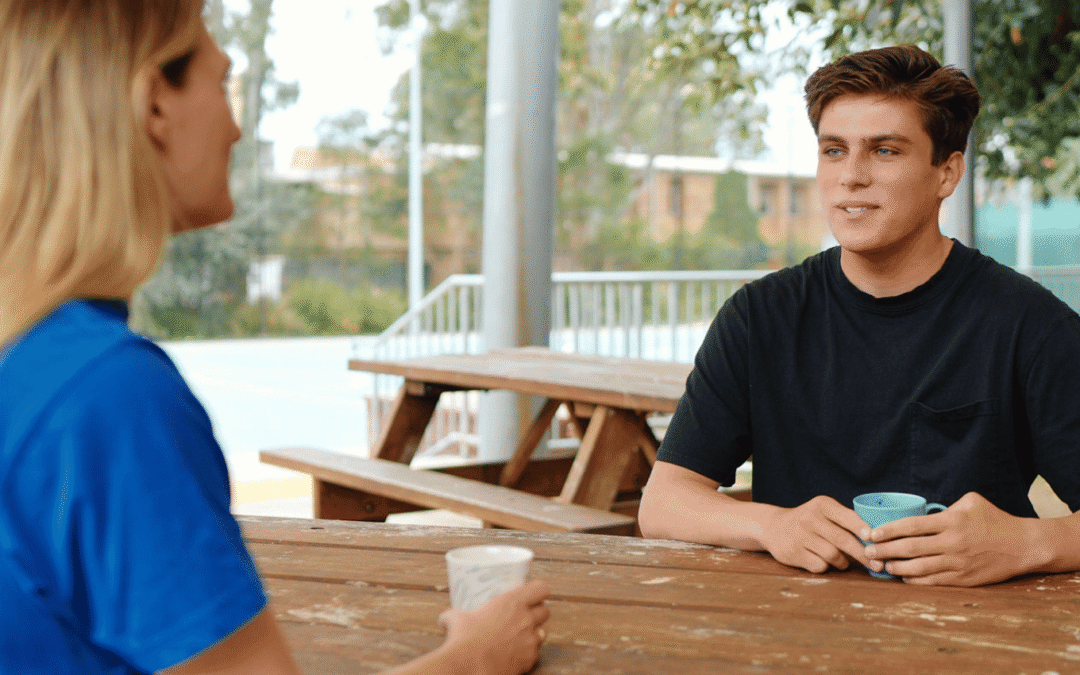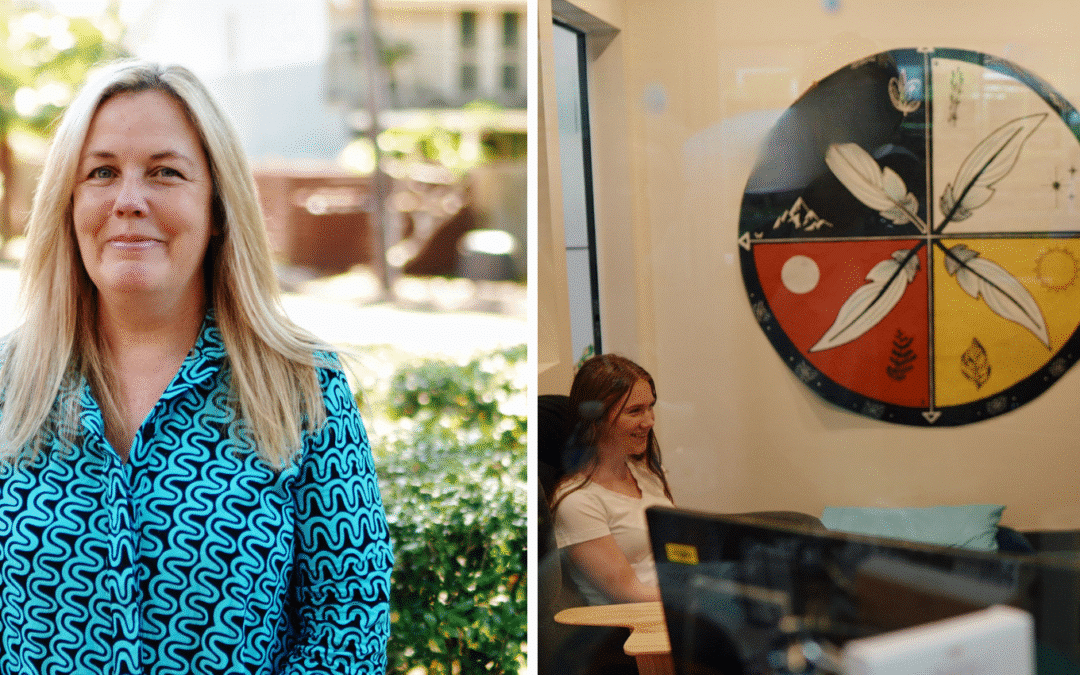Jacob grew up in a privileged household, but it was a turbulent environment – he never wanted to be home. At the age of 13, he turned to drugs.
“My friends and I started using marijuana occasionally,” he recalls. “When I got older and had enough money and independence, I started using it daily and went on to harder drugs.”
“At the time, I thought it was fun. But I think I was just trying to numb something that was quiet. The underlying issues were bigger than I thought.”
With Jacob’s increasing drug use and his mum’s ongoing struggle with mental ill-health, his father eventually said ‘enough is enough’.
“I got kicked out,” Jacob says.
“My dad told me that I wasn’t allowed in the house anymore and that if I got caught, he’d charge me with breaking and entering.”
Jacob packed a duffel bag of belongings and couch surfed for around two years. He often stayed with people who weren’t a good influence on him.
Occasionally, he would sleep on his sister’s couch. Other times, he’d sleep in his car.
“Some nights, I felt scared to sleep in my car,” Jacob says. “I wouldn’t rest and just stayed up all night. Or I’d crash on someone’s couch or in their spare room.”
“I was in a bad state,” he continues.
“I was grateful to have somewhere to stay, but when you’re at someone else’s house, and in this condition, every waking moment is painful.”
Jacob was institutionalised in mental health wards three times due to drug-induced psychosis.
It was there that he was linked to a mental health organisation called headspace, and they recommended he join the Dunlea Alcohol and Other Drugs program at Youth Off The Streets.
Jacob was introduced to our Alcohol and Other Drugs Counsellor, Kellie Lucas, and he continues to meet up with her on Fridays.
“She’s helping me deal with negative thoughts, educating me on things that I wasn’t aware of before, and I can open up with her.”
For a long time, Jacob was reluctant to tell the people closest to him about his circumstances.
“I was ashamed. I didn’t want to bring them into my tornado of a situation.
“I had in my mind that if I told them that I was an addict and homeless, they would walk out of my life. I was wrong.”
His dad eventually informed his friends.
“He told my close mates to find me because it would be a lot worse if he got to me first.”
Jacob’s best friend contacted him with the offer of a place to stay.
“He also bought me some necessities,” Jacob says.
“He was generous. If it weren’t for him, I don’t know what I would have done for those four to six weeks.
“I was trying to come off the drugs, so I was a bit depressed,” he adds. “But having him around helped kill the urge to use.”
He eventually took the step to enter rehab for misuse of alcohol and other drugs. He decided to find somewhere to live independently when he was finished, and he continues to walk in recovery.
“I stayed at my sister’s place for a couple of weeks after rehab, and she helped me find a permanent place to stay,” he explains. “I’ve lived here for eight months now.”
It’s been a long journey and although Jacob has made extraordinary progress, he still feels the effects of living without a stable home for so long.
“Living that way hurt my mental health,” he explains. “I still suffer from anxiety, depression and somniloquy [sleep talking].”
Jacob says he wishes society was more aware of the reality of youth homelessness, and how young people find themselves in that situation.
“Many people have said to me, ‘you never see young people living on the street’,” he states.
“But they have it so wrong.
“Teenagers aren’t often the demographic that comes to mind when people think ‘homeless’ because they’re young and afraid. I was always in my car or on someone else’s couch. I would never be out in the open.”
Jacob says he’s doing much better now, but there is more he wants to achieve.
He’s currently studying personal training and has started a podcast – called The Labyrinth of Vitality – about mental health and wellbeing.
“I hope to have a full-time job in fitness soon,” he says.
“I’ve stopped using and I’ve started living a happier, healthier life.”
“I’m also focussing on my podcast, which I started with a friend.”
The podcast invites guests with professional backgrounds in counselling or psychology, along with people with lived experience of mental health challenges, to discuss the issues and share their insights.
“Mental health isn’t talked about enough,” he explains. “Much of the concept is around people being able to share what they’ve gone through.
“I used to feel shame and guilt about my past. But now, I can use my experiences to help other people. I want them to know that you should never give up hope or stop believing that things can change.”
Listen to Jacob’s podcast, The Labyrinth of Vitality, here.
Learn more about our Dunlea Alcohol and Other Drugs Youth Service.



